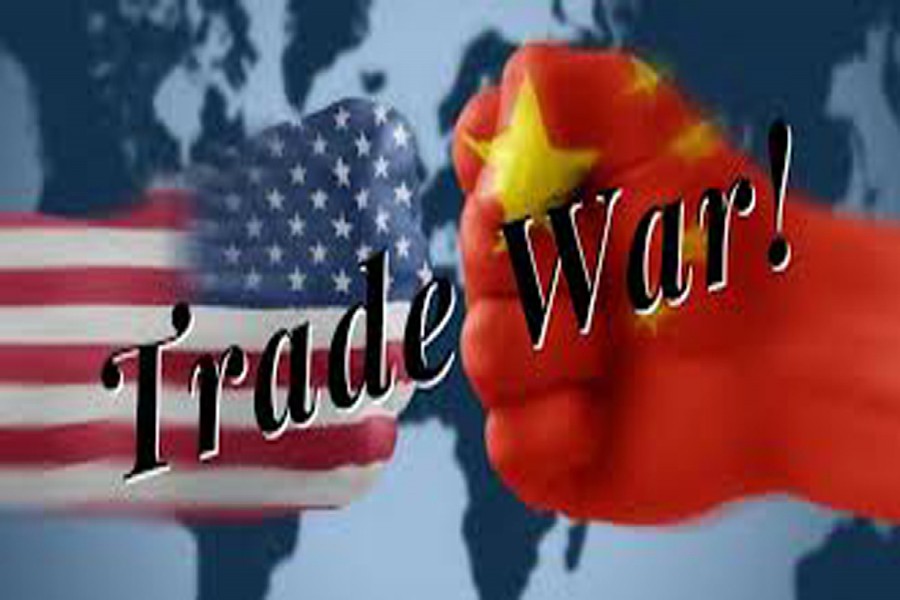BEIJING: China vowed on Friday to strike back quickly if the United States hurts its interests, hours before US President Donald Trump was due to unveil revisions to a tariff list targeting $50 billion worth of Chinese goods.
Washington and Beijing appeared increasingly to be headed toward a trade war after several rounds of negotiations failed to resolve U.S. complaints over Chinese industrial policy, market access and a $375 billion trade gap, reports Reuters.
“If the United States takes unilateral, protectionist measures, harming China’s interests, we will quickly react and take necessary steps to resolutely protect our fair, legitimate rights,” Chinese Foreign Ministry spokesman Geng Shuang told a regular daily news briefing.
Trump was due to give details later on Friday of a revised list of 800 product categories, down from 1,300, according to an administration official and an industry source familiar with the list.
Trump has made up his mind to impose “pretty significant” tariffs on Chinese goods, another administration official said on Thursday.
It remained unclear when Trump would impose the tariffs, if he decides to do so. Several industry lobbyists told Reuters they expected the move to come as early as Friday, with publication of a Federal Register notice, or it could be put off until next week.
Washington has also completed a second list of possible tariffs on another $100 billion in Chinese goods, in the expectation that China will respond to the initial U.S. tariff list in kind, sources told Reuters.
China has published its own list of threatened tariffs on $50 billion in U.S. goods, including soybeans, aircraft, and autos, and has said it would hit back if Washington followed up with further measures.
Beijing and Washington have held three rounds of high-level talks since early May that have yet to yield a compromise, with Trump unmoved by a Chinese offer to buy an additional $70 billion worth of U.S. farm and energy products and other goods, people familiar with the matter have said.
“The threshold to come to a consensus or a compromise seems high,” Tai Hui, chief market strategist for Asia-Pacific at J.P. Morgan Asset Management wrote in a note.


